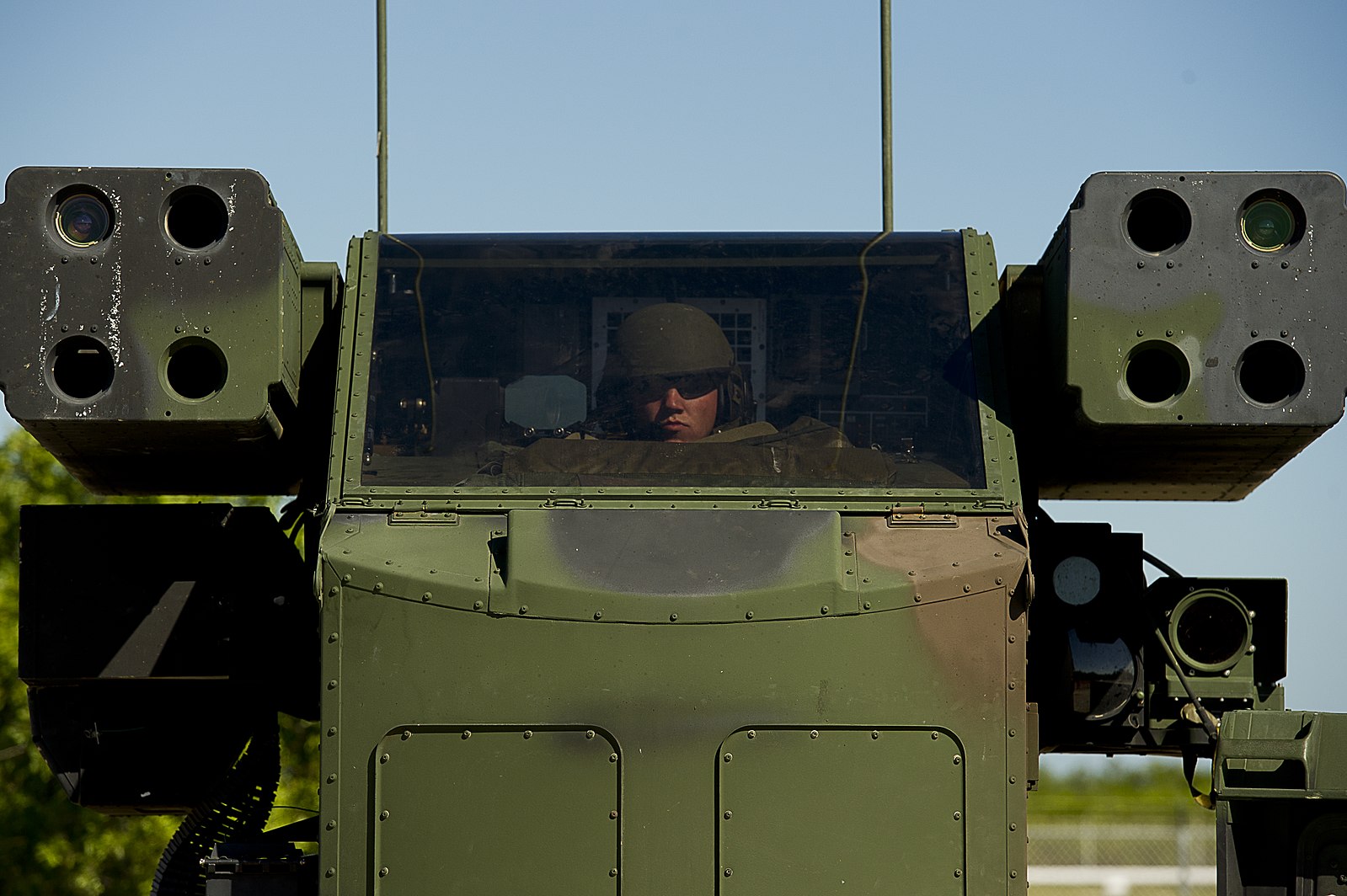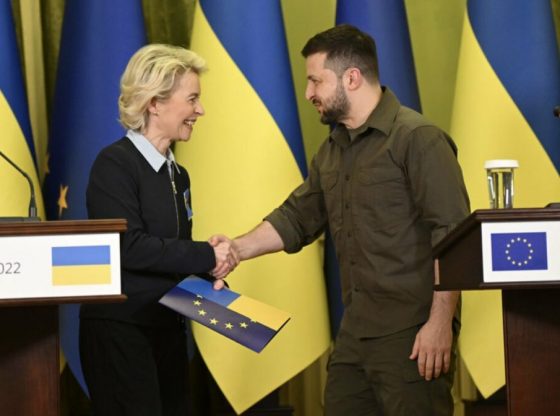As Russia conducts its own military exercises, and may already be covertly intervening in neighboring Belarus, ten NATO countries – including the U.S. – are currently participating in a multinational air defense drill called Tobruq Legacy in Lithuania. This is the seventh such Baltic exercise.
The Washington Examiner reports that “Joining traditional NATO countries, Germany, France, and Italy, were former Soviet republics in the Baltics, Lithuania, Estonia, and Latvia. Participating former Warsaw Pact countries included Poland, Hungary, the Czech Republic, and Slovakia.”
The U.S. contingent included Avenger short-range air defense systems equipped with Stinger missiles.
The Baltic region poses a unique security challenge for NATO since it partly borders (Latvia and Estonia) on Russia and the heavily fortified Russian exclave of Kaliningrad, with, among other weapons, the advanced Russian S-400 anti-aircraft batteries. Latvia, Lithuania, and Poland also border on Belarus.
The primary goal of this exercise was to assure the integration of disparate weapons systems and tactics among the widely differing countries’ militaries. The exercise chief, German Air Force Lt. Col. Thorsten Stratemann, told the Washington Examiner:
We have weapons systems which are not fitting to each other right from the beginning. We have, for example, highly sophisticated systems built in the West, and we have operating systems built by the Russians years ago, and they cannot talk to each other.
On the other hand, noted Brig. Gen. Greg Brady, commanding general for the 10th Army Air Missile Defense Command for U.S. Army Europe, according to the Washington Examiner:
With more countries, we have greater capacity,” he said. “There isn’t one air and missile defense system that can defeat every threat out there. So, every country brings a different capability. And when you integrate that, you improve your capacity.
He added: “That is a level of deterrence right there.”
Fortunately, Stratemann, explained to the Washington Examiner, the experiences from prior Tobruq Legacy exercises have paid off, and this year’s drill has produced significant progress. He noted:
It took us way less time to connect the technical systems together. So from that perspective, this exercise was pretty good. We achieved a lot in a very short time in comparison to the other exercises.
Russia, take note. U.S. and NATO forces continue to train together to defend the security and integrity of every NATO member.
EDITORS NOTE: We at AAN appreciate you and your support of our work to counter the mainstream media narrative. Please share our news with your friends and family and encourage them to sign up for our newsletter.
Advertisement
Help President Trump Stop Joe Biden [ACT NOW]














